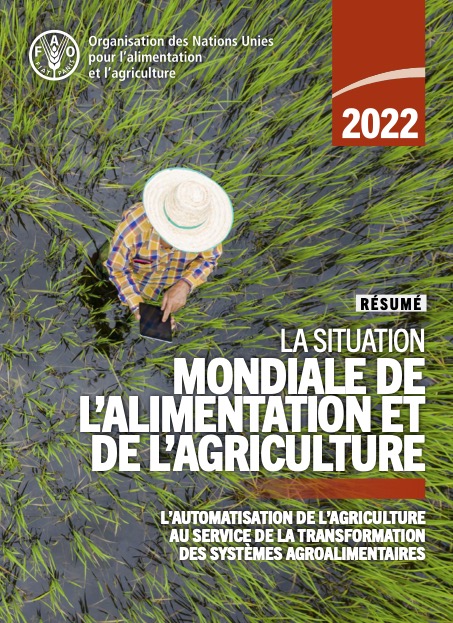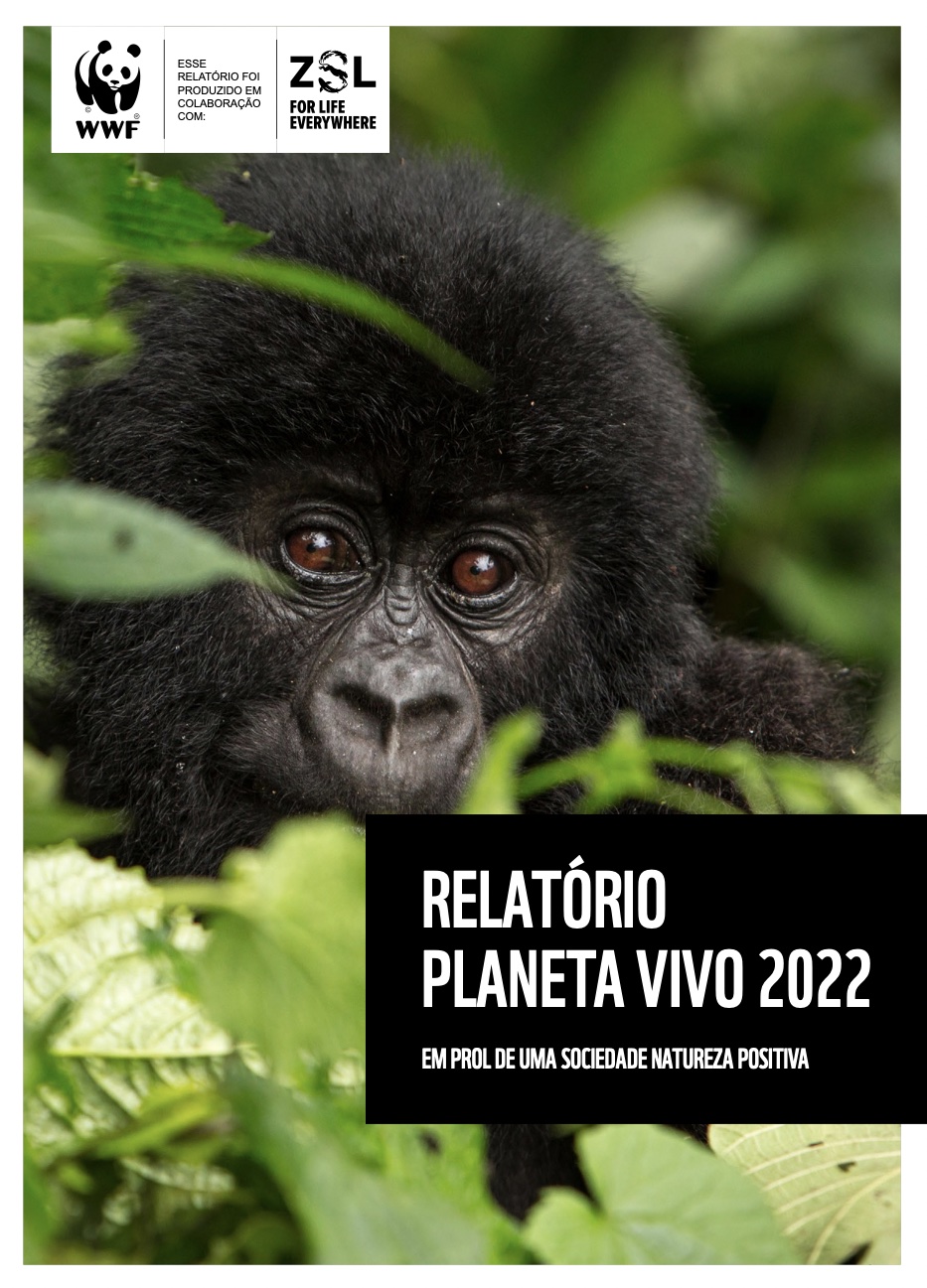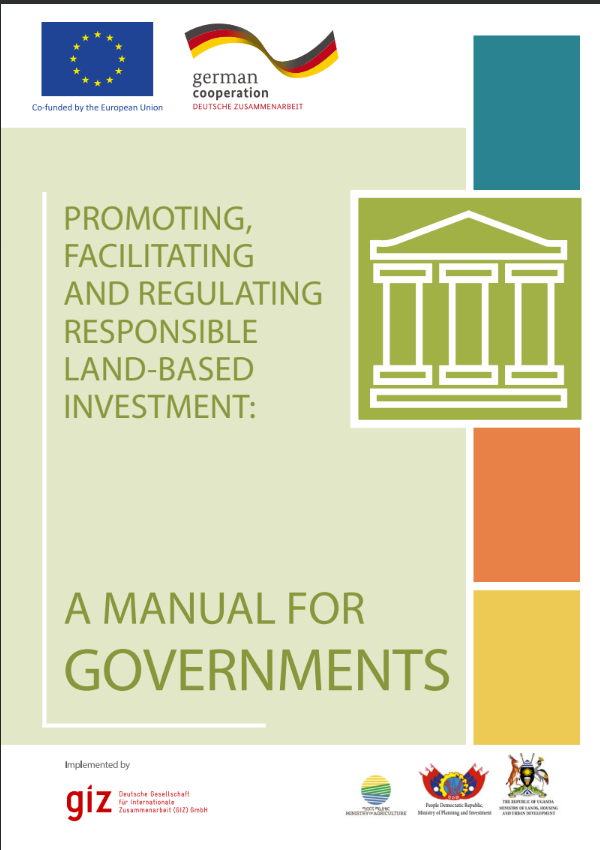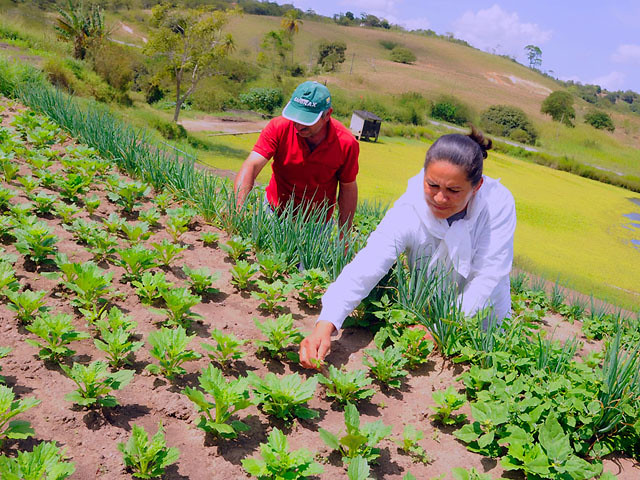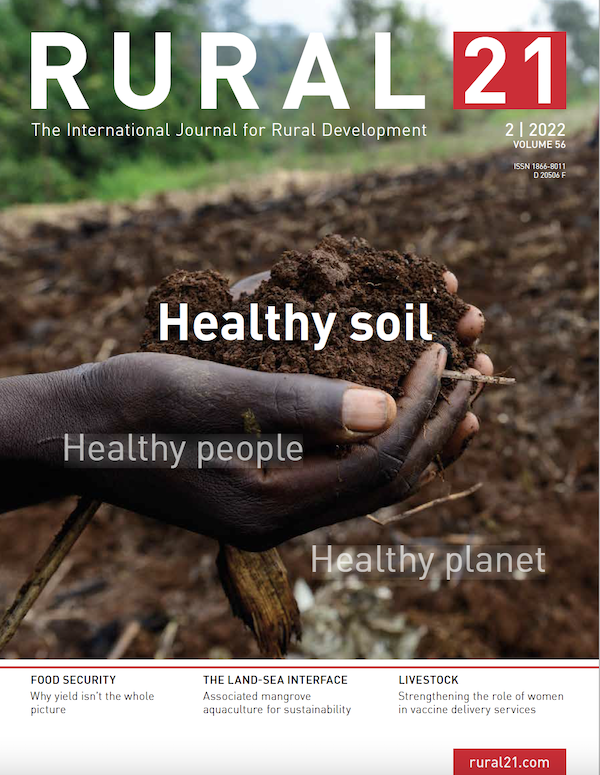Socio-Technical Innovation Bundles (STIBs) for women’s empowerment and resilience in the agrifood system
The Socio-Technical Innovation Bundles (STIBs) framework, developed by the CGIAR's Initiative on Gender Equality, in collaboration with the International Institute for Environment and Development (IIED), offers a systematic approach to enhance women's empowerment and resilience in the agrifood system by addressing gender-specific barriers and challenges, combining technological and social innovations in a demand-driven and context-specific manner.


